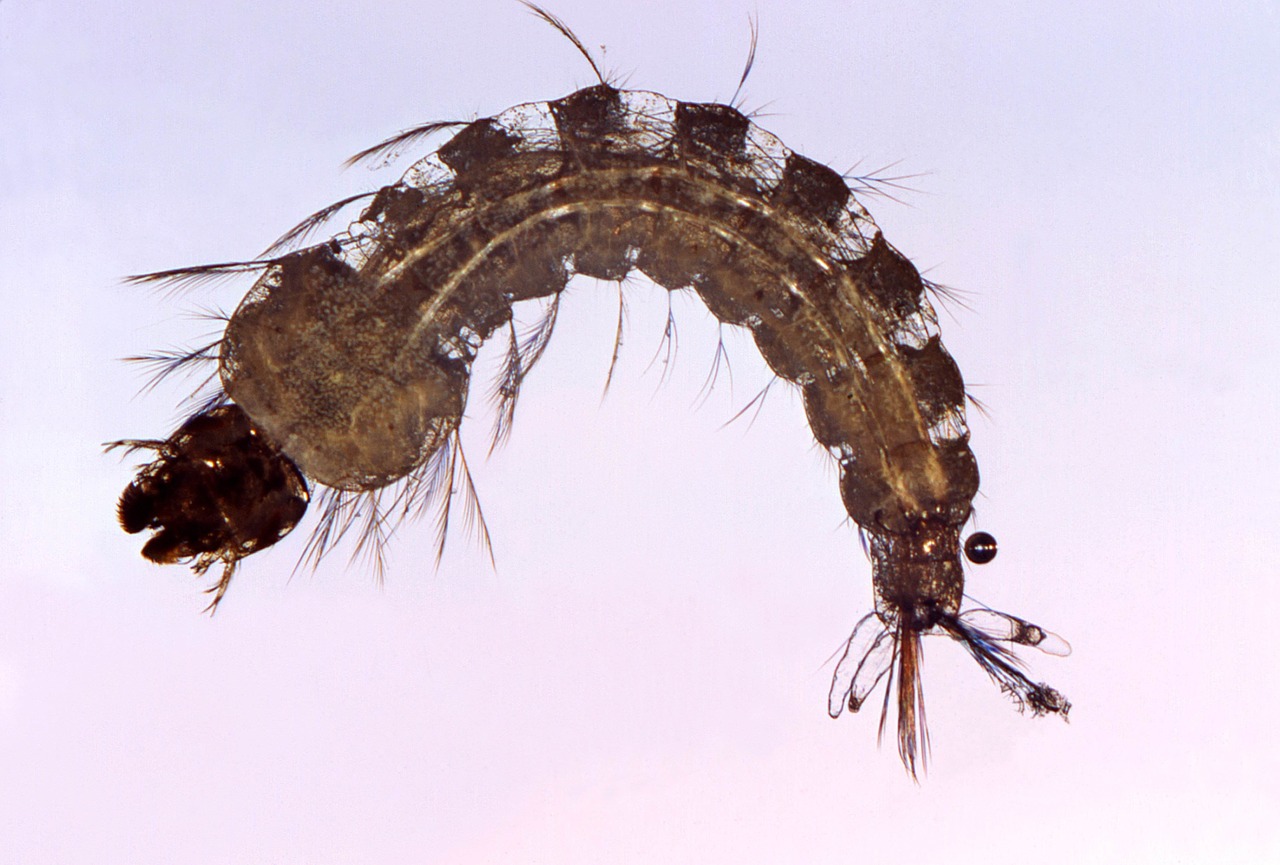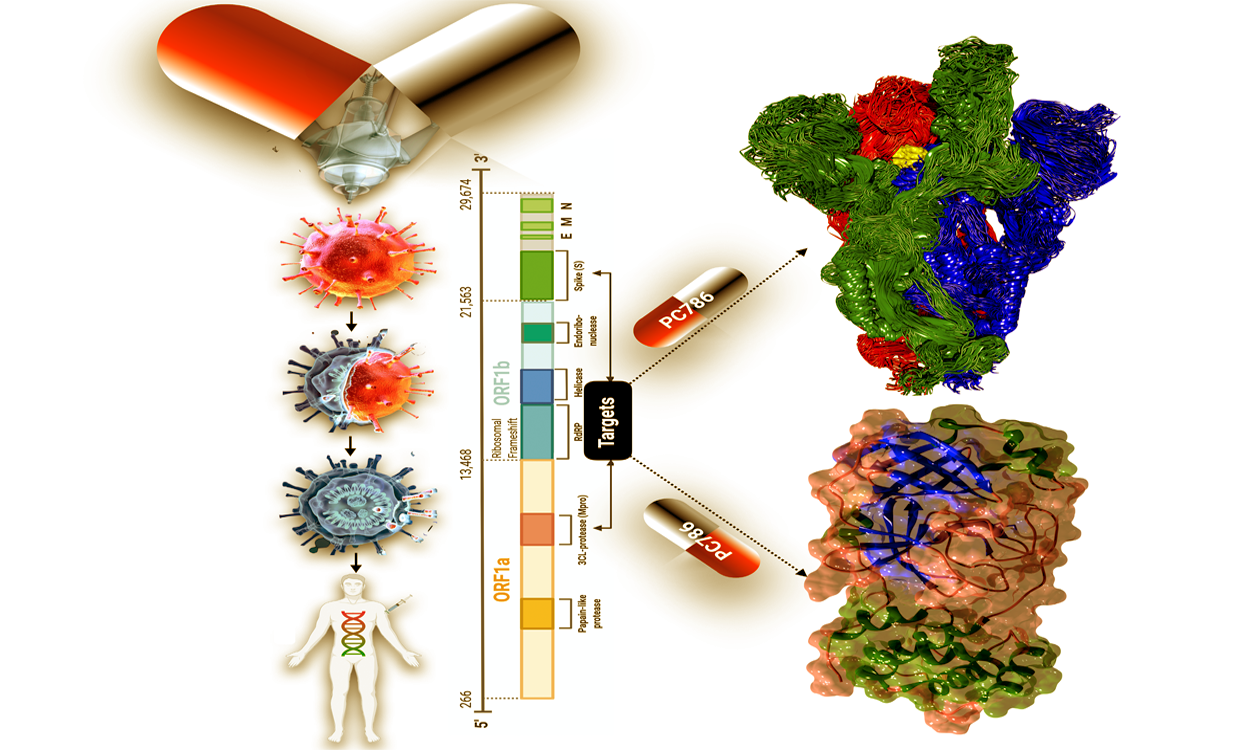
Paper-based tuberculosis test could boost diagnoses in developing countries
- News
- 1.4K
Diagnosing tuberculosis (TB) early can allow patients to receive the medicine they need and also help prevent the disease from spreading. But in resource-limited areas, equipment requirements and long wait times for results are obstacles to diagnosis and treatment. To tackle this problem, scientists report in ACS Sensors the development of a fast, paper-based tuberculosis test that can be read with a smartphone.
The World Health Organization estimates that in 2015, 1.4 million people died from TB, with most of these deaths occurring in low- and middle-income countries. Early diagnosis could help curb these numbers. But conventional methods such as sputum smear microscopy, chest X-rays, and molecular-based tests require equipment, electricity and specialized personnel that are not always available in remote or developing areas. So Chien-Fu Chen and colleagues set out to come up with a more practical diagnostic test that can be read with a smartphone, a technology that is increasingly available in emerging economies.
The researchers combined gold nanoparticles with single-stranded DNA sequences that bind to the genetic material of Mycobacterium tuberculosis, the bacteria that cause TB. These nanoparticles were then incorporated into a paper-based device. Adding even a minute amount of lab-derived, double-stranded DNA from M. tuberculosis changed the color of the test spots within an hour. A smartphone camera was used to analyze the color change to determine the bacterial concentration. The researchers also tested a tissue sample from an infected patient to further demonstrate that the device could be used in the field.
The authors acknowledge funding from the Ministry of Science and Technology, Taiwan, Chang Gung Memorial Hospital and National Taiwan University.
The American Chemical Society is a not-for-profit organization chartered by the U.S. Congress. ACS is the world’s largest scientific society and a global leader in providing access to chemistry-related research through its multiple databases, peer-reviewed journals, and scientific conferences. ACS does not conduct research but publishes and publicizes peer-reviewed scientific studies. Its main offices are in Washington, D.C., and Columbus, Ohio.


